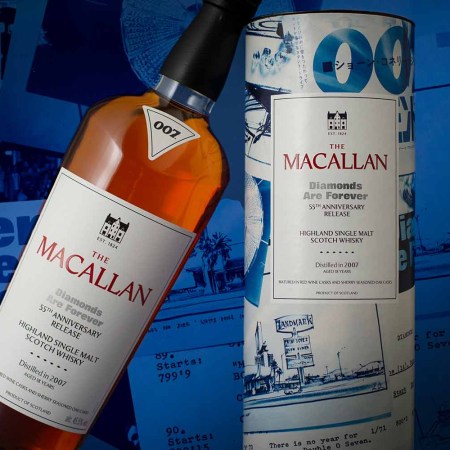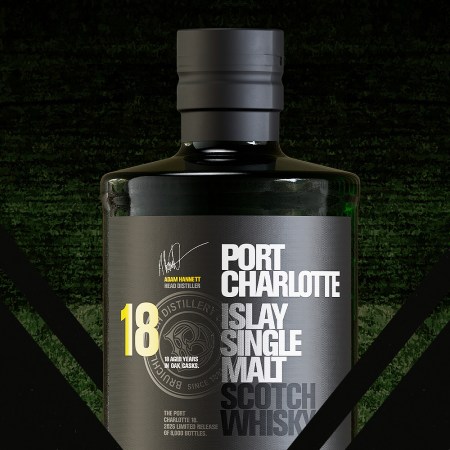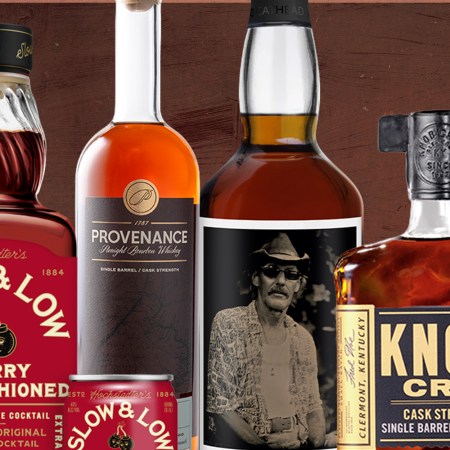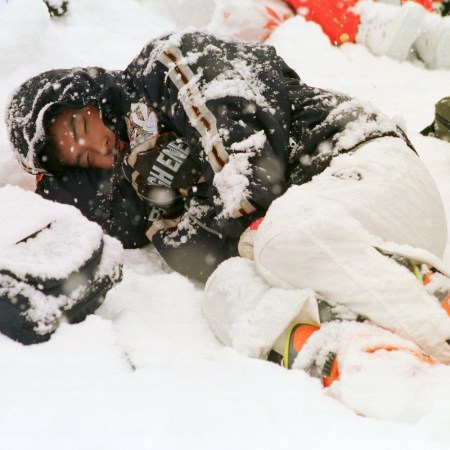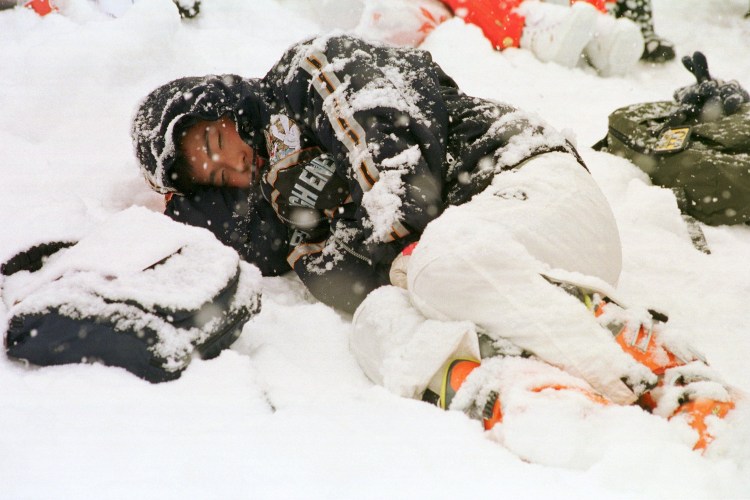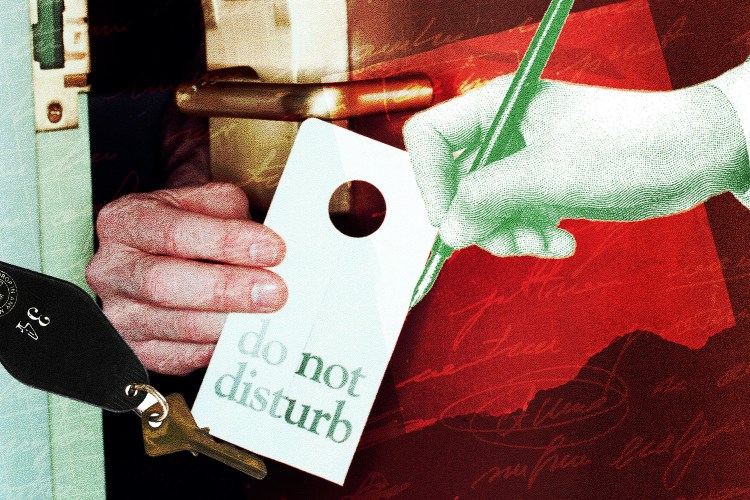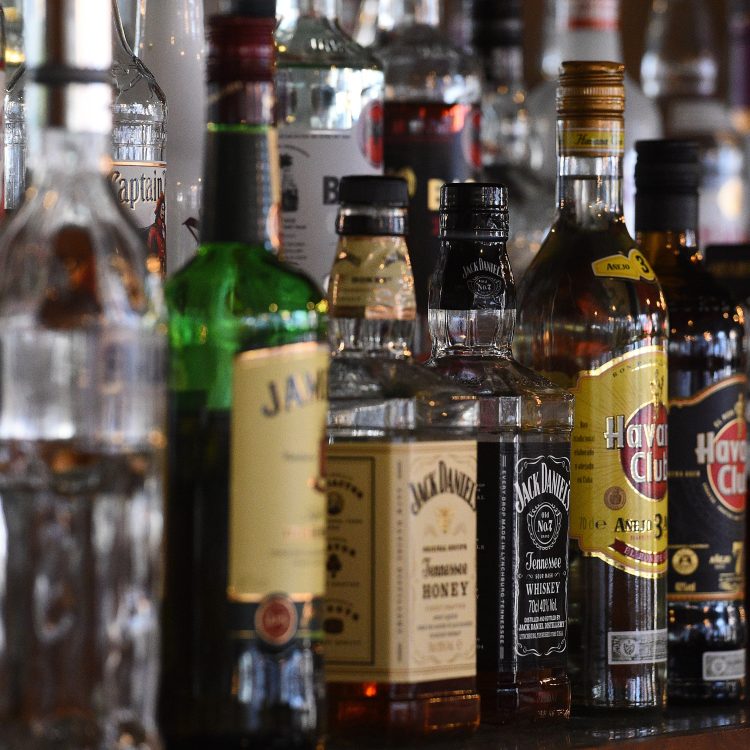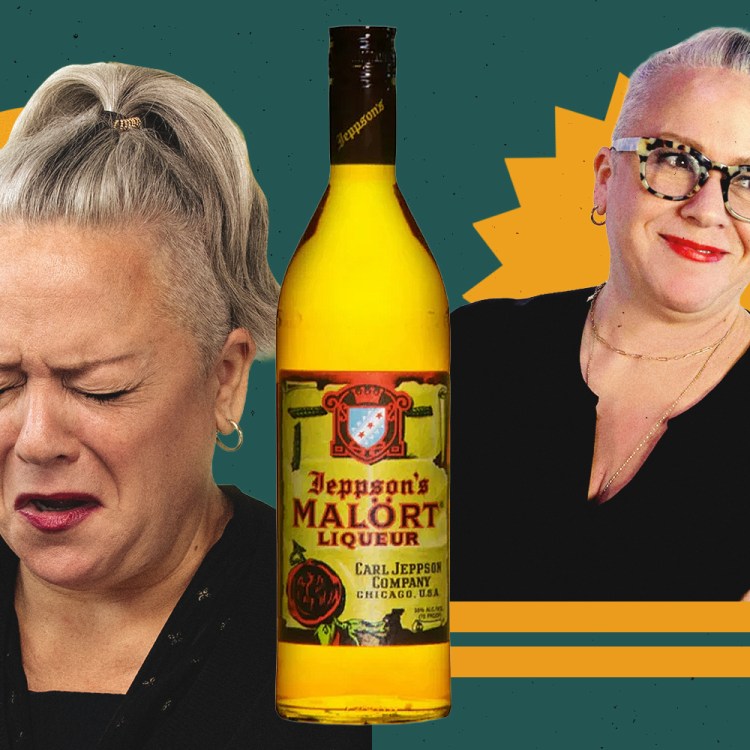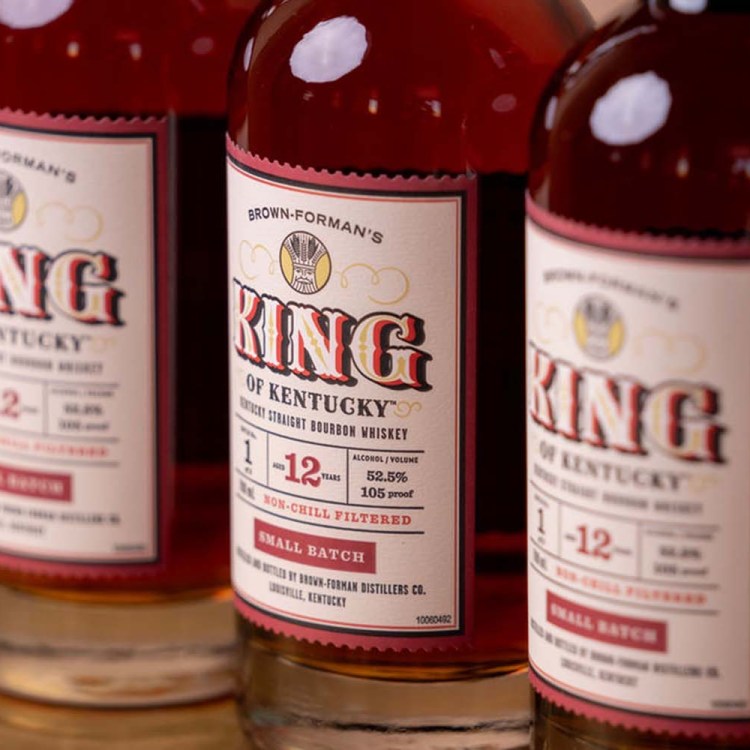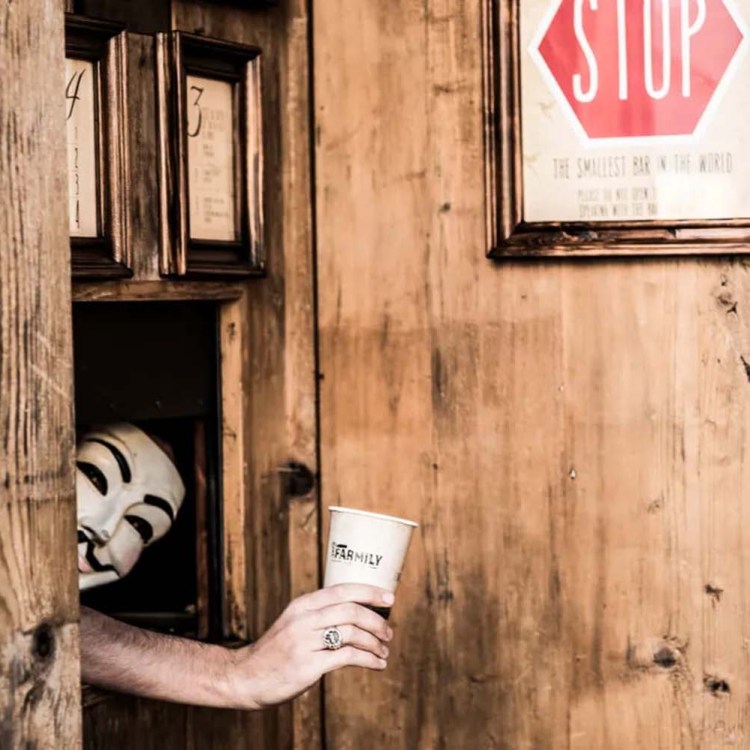Welcome to another installment of That’s the Dream, InsideHook’s new series exploring the things we want but will probably never own, for whatever reason.
This time around, Ryan Chapman, author of the hilarious satire Riots I Have Known, will definitely never have the money for The Macallan Fine and Rare 60-Year-Old 1926, but he’d settle for the 1990 version.
Midway through John Waters’s 1998 film Pecker, the titular photographer is on the cusp of stardom. His girlfriend, played by Christina Ricci — in real life a longtime, almost cursed resident of the cusp — implores him to avoid the trappings of fame: “Please, I beg of you, do not become an asshole.” It’s a useful mantra for anyone leveling up in their career or receiving a windfall. For any circumstance, really.
On the other hand, becoming an asshole is all but inevitable if you drink The Macallan Fine and Rare 60-Year-Old 1926, a bottle of single-malt whisky auctioned for as much as $1.9 million. There were only forty bottles ever produced, and it’s widely considered the most expensive spirit in the world.
Swishing the equivalent of $40,000 in your mouth is to participate in such a parody of money as to warrant a punch in the face. You may as well spit it out onto a polar bear as it floats away on the last ice floe.
I’m sure it tastes delicious, but let’s not kid ourselves. It’s 90 percent marketing. In the years of Mad Men fever I ordered plenty of Old- Fashioneds. I would have done so even if they tasted like detergent. (Gin wishes it could be so aspirational.)
It’s unlikely any owner of The Macallan 1926 would drink it. At that level it’s an investment, like a Warhol, and will only increase in value. Moving down the ladder and into the realm of relative possibility there’s Macallan Fine & Rare 1990. A standard 750-ml bottle can be had for around $12,000.
One doesn’t drink a 29-year-old totem of the Scottish Highlands at home. It’s an occasion, demanding a smoking jacket, velvet slippers and membership to a club that pretends it’s always admitted people of color. You’ve known the place: an ancient stone edifice with oversized flags buttressing the entrance, like the embassy of an oil-rich country whose capital you know only because of the Times crossword.
I wish I were strong enough to resist the appeal of such an environment. Maybe it’s the displaced Midwesterner in me, continually dazzled by the bright lights and the big city. Maybe it’s income inequality. Whatever the reason, I only want to belong to clubs that wouldn’t have me as a member. Which is fair. I don’t do well in those situations. The other Macallan sippers at the club — who I picture as Mitt Romney clones — would be casually ranking Gstaad ski chalets while they circumcised Cohibas with monogrammed cigar cutters. I enter the conversation, panic, reflexively complain about the F train and completely show my ass.
Related: Why I Love but Will Never Own a Ken Griffey Jr. Upper Deck Rookie Card
So perhaps the Macallan Fine & Rare 1990 is best consumed alone, where I can appreciate what one website calls its “massive mouthfeel.” I sidestep the silver foxes and find a nice wingback chair with burgundy leather and art-deco florets on the legs. Maybe in front of a roaring fireplace, encouraging the contemplation of every mistake I’ve made in life — the dispelling of such contemplation is The Macallan’s entire purpose. (For Logan Roy-sized regrets, go for the super-peaty Scotches.)
Unlike a Rolex or a yacht, a five-figure whisky is what economists call a non-durable good. The more you enjoy it, the less there is to enjoy. It’s also a “Veblen good,” named for the economist behind the theory of conspicuous consumption. The price goes up with demand, irrespective of supply. The point of drinking The Macallan Fine & Rare 1990 is to be seen drinking The Macallan Fine & Rare 1990 by people who know how much more expensive it is than that 18-year swill at the liquor store. You don’t think twice about its non-durable status. If you’re “to the manor born,” you can always buy another bottle.
For the rest of us a $12,000 spirit harbors a cruel paradox. The prized asset declines in price with every sip. Even opening the bottle probably knocked off $500. And since this is capitalism, the cost is linked to value and both are linked to time. The bottle is really an hourglass, and now I can’t stop thinking about death. As a bonus, this particular non-durable Veblen good lowers inhibitions and impairs judgment. With every round the idea of throwing the half-full bottle into the fireplace becomes more and more appealing.
Perhaps this is The Macallan’s real attraction. It isn’t the power to convert the cost of a two-week Tokyo vacation into urine. It’s the power to reject it entirely, and McGuyver the world’s most expensive Molotov cocktail while you’re at it. Besides, throwing a half-full bottle — or is it a half-empty bottle? — into the fireplace isn’t even that wasteful. The initial taste of the whisky is certainly the best it will ever be. Almost spicy at first, and then bitter, chocolatey, with a lingering on the tongue long after you’ve swallowed. By the fourth round your palate’s dulled and it just tastes like booze.
Another reason to chuck it into the fire: think of the stories the club members would tell in your wake. It would become legend! The nervous freelancer in the Warby Parkers who smashed a $12,000 bottle in a fit of pique. How the rumor mill would churn:
“Perhaps it was a Norman Mailer cosplay thing. My grand-niece says cosplay’s big with millennials.”
“I heard he took the subway here.”
“It wasn’t a Macallan 90. He inherited a 1926 and went insane.”
“He was mumbling to himself, crazy talk about Thomas Piketty and the wealth tax.”
“I have it on good authority he yelled ‘I hate you dad!’”
“This sort of thing would never happen at the Yale Club.”
“One thing’s for certain: He was an asshole.”
Every Thursday, our resident experts see to it that you’re up to date on the latest from the world of drinks. Trend reports, bottle reviews, cocktail recipes and more. Sign up for THE SPILL now.

